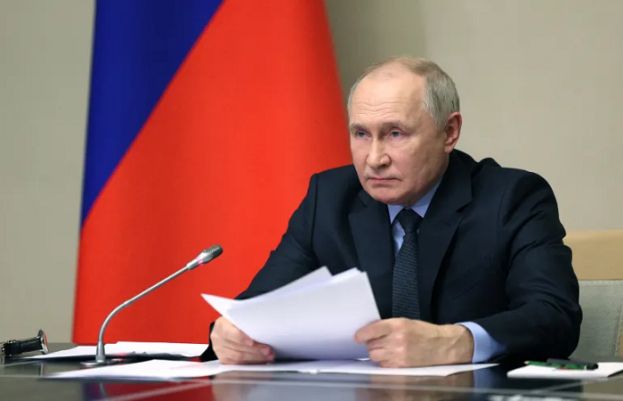Russia has officially pulled out of an international security pact that restricts the use of conventional weapons, saying NATO’s expansion has made such cooperation impossible. After announcing its intention to exit the Treaty on Conventional Armed Forces in Europe (CFE) earlier this year, Russia formally withdrew from the landmark pact at midnight on Tuesday. Calling it “history”, Russia’s Ministry of Foreign Affairs said the treaty was not catering to Russia’s interests, adding that NATO countries began to circumvent restrictions imposed as the US-led military alliance expanded. The move comes less than a week after President Vladimir Putin revoked his country’s ratification of the Comprehensive Nuclear Test Ban Treaty (CTBT), which outlaws all nuclear weapon tests, and test-launched an intercontinental ballistic missile capable of carrying nuclear warheads from one of its submarines. What is the CFE?Signed in 1990, just a year after the fall of the Berlin Wall, the CFE set constraints on conventional arms and equipment. Its purpose was to stop Cold War rivals from building up forces that could be used in a swift assault. The pact was unpopular at the time in Moscow, which had the upper hand in conventional weaponry. NATO says Russia has not respected the terms of the treaty for many years, pointing to suspending participation in 2007 and halting active participation in 2015. More than a year after its full-scale invasion of Ukraine in February 2022, Putin in May signed a decree denouncing the pact. “The CFE Treaty was concluded at the end of the Cold War, when the formation of a new architecture of global and European security based on cooperation seemed possible, and appropriate attempts were made,” the Russian Foreign Ministry said. “Even the formal preservation of the CFE Treaty has become unacceptable from the point of view of Russia’s fundamental security interests,” the ministry added, noting that the US and its allies did not ratify an updated version of the accord in 1999.
Russia formally withdraws from Treaty on Conventional Armed Forces in Europe

